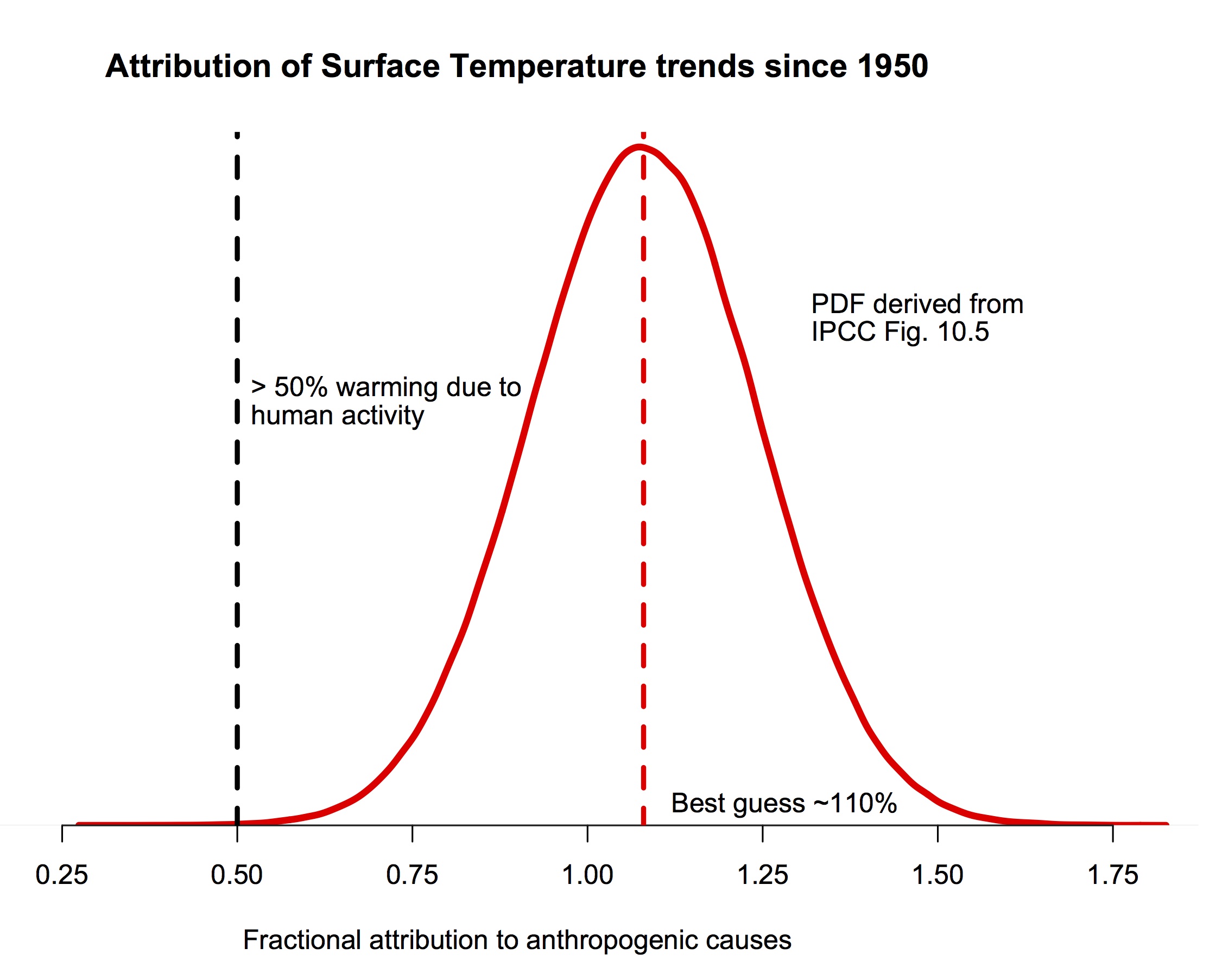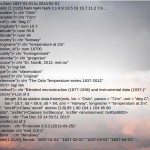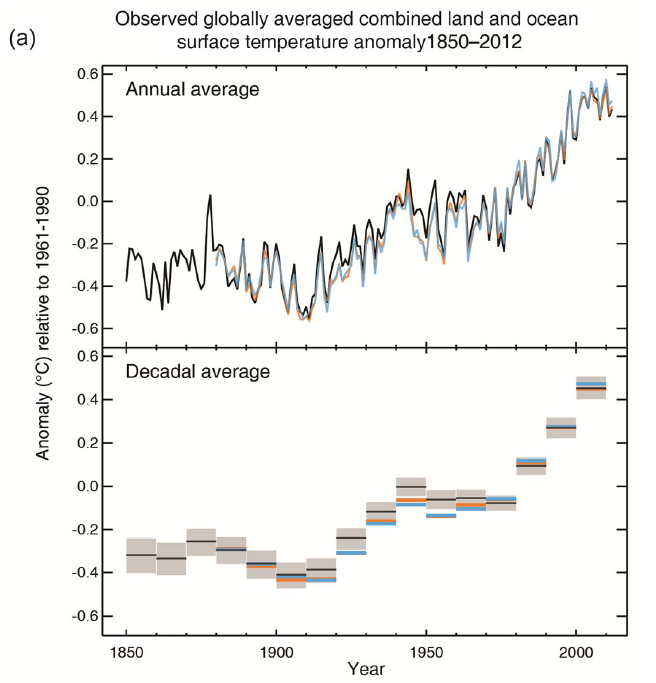Guest commentary from Richard Millar (U. Oxford)
The recent Lewis and Curry study of climate sensitivity estimated from the transient surface temperature record is being lauded as something of a game-changer – but how much of a game-changer is it really?
[Read more…] about Climate response estimates from Lewis & Curry
References
- N. Lewis, and J.A. Curry, "The implications for climate sensitivity of AR5 forcing and heat uptake estimates", Climate Dynamics, vol. 45, pp. 1009-1023, 2014. http://dx.doi.org/10.1007/s00382-014-2342-y


